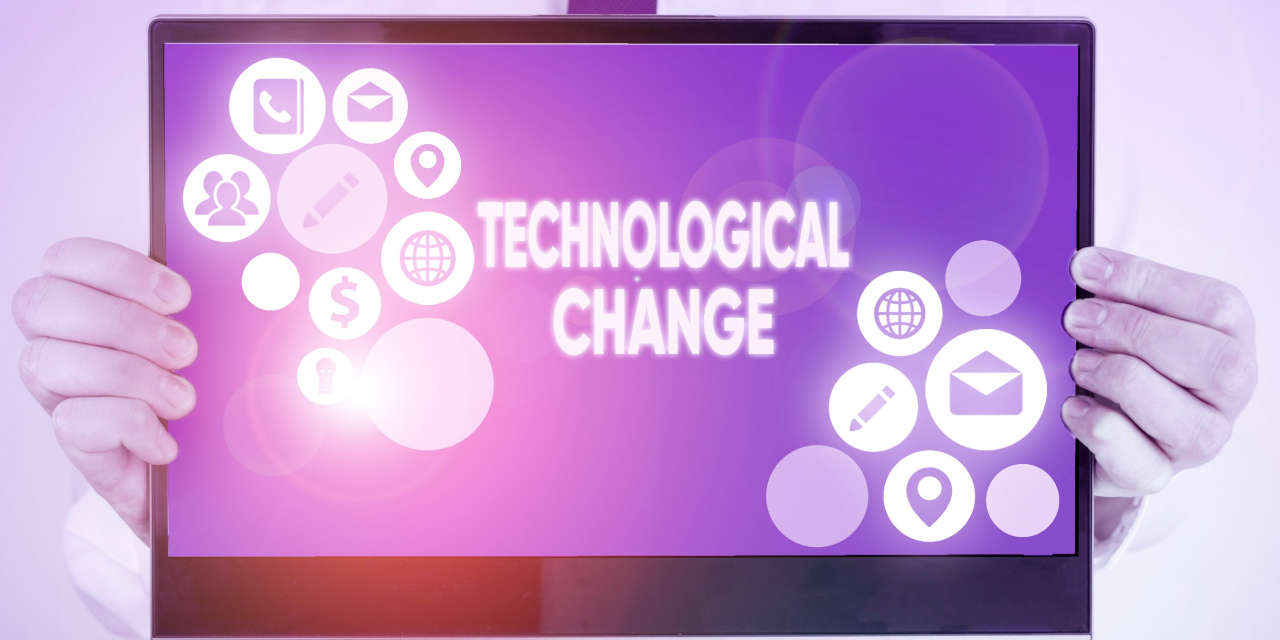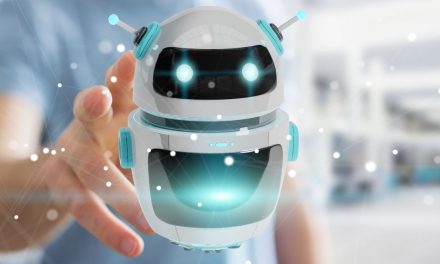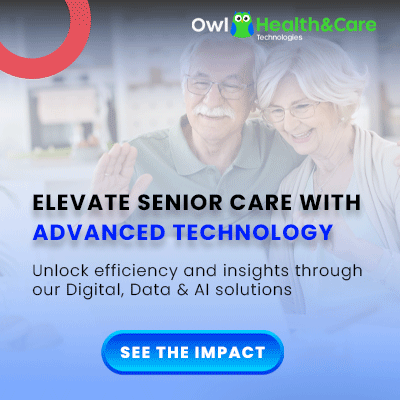By Jack Cumming
There can be no doubt that computer processes will exceed human capabilities. This has caused Geoffrey Hinton, the Nobel Prize winning advocate for neural network AI (artificial intelligence), to fear the place of humans in Earth’s dominions.
Are We at Risk?
Professor Hinton’s reasoning goes like this. Hinton posits that the most intelligent creatures on Earth, humans, have always dominated other species. He believes that AI will soon be more intelligent than humans. Ergo, he reasons, humans will lose their dominance (Genesis 1:26).
Hinton also argues that the advance of AI can’t be stopped, nor should it be stopped, particularly, he believes, because of the positive advances that AI can offer in health care. Thus, we are left with a conundrum. Something that is positive can also be negative. How should we react? We can quickly note that we’ve faced this conundrum before when nuclear fusion and fission physics showed that we could destroy the Earth or help it to thrive, both outcomes made possible by the same insights.
It’s Inevitable
That AI will exceed human capabilities is inevitable because it is already true. We already know, and rely on, the superiority of computer processes to remember details that grow murky in our own human brains. Have computers used this remarkable power to distort memory to our detriment? As of now, we don’t believe that they do, although humans can manipulate those memories for nefarious purposes.
In fact, we trust computer memory far more than we trust our own memory. If I watch a video of a discussion in which I participated a dozen or more years ago, I trust the video memory far more than I trust my own emotionally charged recollection. We know from judicial processes that human memory deteriorates rapidly with time.
Thus, game over. Computers are already more intelligent than we are. Moreover, we’ve survived that superiority with a bit of difficulty, e.g., Photoshop, but most among us believe that we’re better off now because of ubiquitous computers than we were before 1980 when computers were only for the few and the huge.
The Danger
So, what’s to fear? Professor Hinton’s answer is something that we can all relate to, though offhand it seems less ominous than the atomic threat of global destruction. Professor Hinton cites: “Immediate risks are things like fake videos corrupting elections. We’ve already seen politicians either accuse other people of using fake videos or use fake videos themselves and fake images. So that’s one immediate danger.”
He continues to cite “things like cyber attacks. Last year, for example, there was a 1,200% increase in the number of phishing attacks. … You can no longer recognize them by the fact the spelling’s wrong and the syntax is slightly odd. Their English is perfect.”
We will have to unleash artificial intelligence “bots,” as some call them, to check on the veracity of information dished up by other elements of artificial intelligence. Establishing the ethical bounds of AI deployments would appear to be well within the domain of human beings. We remain, and are likely to remain, the masters of what’s just and what’s evil.
The Good Outweighs the Bad
On balance, we can conclude that the good outweighs the bad and that the benefits will inevitably come to us and to senior living over the course of the next several years. Having an AI primary physician at hand at all times could be a godsend for senior living where crises, real and imagined, often present themselves in the middle of the night.
For now, though, the most likely short-term use of AI will be to help people who are learning a job to quickly master the complexities of their responsibilities. Imagine a caregiver responding to a nocturnal crisis with an AI “bot” listening in to suggest a more expert solution. The AI assistant can create a learning moment for the caregiver and a saving grace for the afflicted resident.
Our Collective Intelligence
AI can process massive amounts of our shared human knowledge base and articulate it in ways that we can understand and put into practice. That means that individuals can have the benefit of collective human knowledge at their fingertips constantly, greatly improving the propriety and accuracy of responses.
Will robotics eventually realign jobs within senior living? That, too, seems inevitable. Just think of the benefit we have from microwaves, though we don’t call them robotic chefs. For the most part, it’s appropriate to remain optimistic.
It could be a fatal mistake for senior living industry leaders to push back against AI-enabled advances as their customers and prospective customers seek the benefit of those advances. Senior living is at its best when it is in the forefront of change, not when it is cautiously lagging.
Editor’s note: At the Foresight AI Lab in Las Vegas, learn how to use AI to elevate your entire organization. You’ll walk away with skills and takeaways you can immediately put to use. Learn more here. It happens January 2025.








